In November 2018, during its fourteenth meeting at Sharm El-Sheikh, Egypt, the COP to the Convention on Biological Diversity adopted the Rutzolijirisaxik Voluntary Guidelines for the Repatriation of Traditional Knowledge of Indigenous Peoples and Local Communities Relevant for the Conservation and Sustainable Use of Biological Diversity,“Rutzolijirisaxik“ meaning “Returning to one’s place of origin” in the local traditional language, Maya Kaqchikel.
These guidelines are aimed at facilitating “the repatriation of the traditional knowledge of indigenous peoples and local communities embodying traditional lifestyles relevant for the conservation and sustainable use of biological diversity.”
Although these guidelines are not prescriptive, they are intended to be “practical guidance” to those (parties, governments, museums, private collections, indigenous peoples, local communities, etc..) who want to repatriate TK, i.e., to “return” knowledge, innovations and practices “to where it originated or was obtained for the recovery, revitalization, and protection of knowledge on biological diversity”.
The guidelines indicate in point IV the Guiding Principles for Repatriation:
“(a) Whenever possible, indigenous peoples and local communities should be entitled to repatriation of their traditional knowledge, including from across international borders, to assist them with the recovery of traditional knowledge relevant to the conservation and sustainable use of biological diversity;
(b) Underpinning successful repatriation efforts is the concept embedded in Article 8(j) of “respect” for traditional knowledge, taking into account the United Nations Declaration on the Rights of Indigenous Peoples and other instruments, as appropriate;
(c) Respect for traditional knowledge implies respect for, inter alia, the values, practices, world views, customary laws, community protocols, rights and interests of indigenous peoples and local communities, consistent with international obligations and national circumstances;
(d) Repatriation requires the development of enduring relationships with indigenous peoples and local communities, in order to build trust, good relations, mutual understanding, intercultural spaces, knowledge exchanges and reconciliation. Such relationships can be mutually beneficial and embody the concept of reciprocity;
(e) Repatriation efforts should be forward-looking, should foster the building of relationships, and should encourage the creation of intercultural spaces and the co-sharing of knowledge;
(f) Preparedness of institutions holding, storing or housing traditional knowledge and related or complementary information relevant for conservation and sustainable use of biological diversity, to repatriate, including preparedness to cooperate with indigenous peoples and local communities to develop appropriate measures, is essential for a successful process;
(g) Repatriation may require assisting indigenous peoples and local communities to be prepared to receive and keep safe, repatriated traditional knowledge and related information, in culturally appropriate ways, as specified by them;
(h) Parties, repatriating institutions and entities should recognise the importance of repatriating secret or sacred, gender-specific or sensitive traditional knowledge as identified by the relevant indigenous peoples and local communities, as a priority for indigenous peoples and local communities;
(i) Repatriation can be enhanced by developing the awareness and professional practice of those working on repatriation, including information professionals and indigenous peoples and local communities, in accordance with best practice ethical standards, including the Tkarihwaié:ri Code of Ethical Conduct to Ensure Respect for the Cultural and Intellectual Heritage of Indigenous and Local Communities Relevant to the Conservation and Sustainable Use of Biological Diversity;
(j) Repatriation includes recognition and support of community-to-community efforts to restore traditional knowledge relevant to conservation and sustainable use of biological diversity;
(k) Repatriation may include efforts to restore indigenous peoples and local communities’ governance of their traditional knowledge, and may involve prior and informed consent, free prior and informed consent or approval and involvement, as appropriate, mutually agreed terms and benefit-sharing arrangements, when appropriate;
(l) Repatriation of traditional knowledge and related information should facilitate the exchange of information, rather than limit or restrict it, while respecting the rights of the original holder of such knowledge and not impede the use of traditional knowledge that is publicly available in the Party, institution or entity that decides to repatriate it.”
The guidelines also provide some good practices and actions for repatriation, reception or restoration of traditional knowledge relevant for the conservation and sustainable use of biodiversity:
A. Procedural considerations:
- Establish a team;
- Training the actors in the repatriation process;
- Identification of collections that hold, store or house traditional knowledge and related or complementary information for possible repatriation;
- Identification of the origin of the traditional knowledge and related or complementary information for possible repatriation;
- Identification of the original traditional knowledge holders;
- Agreements for repatriation;
- Preparedness to receive;
- Recording, documenting and digitization of traditional knowledge – consideration of formats that enable repatriation.
B. Special considerations:
- Publicly available traditional knowledge relevant for the conservation and sustainable use of biological diversity and ongoing use and benefit-sharing;
- Secret or sacred or gender specific knowledge.
C. Mechanisms that may aid in the repatriation of traditional knowledge:
- Community-to-community exchanges;
-
Knowledge-sharing platforms.
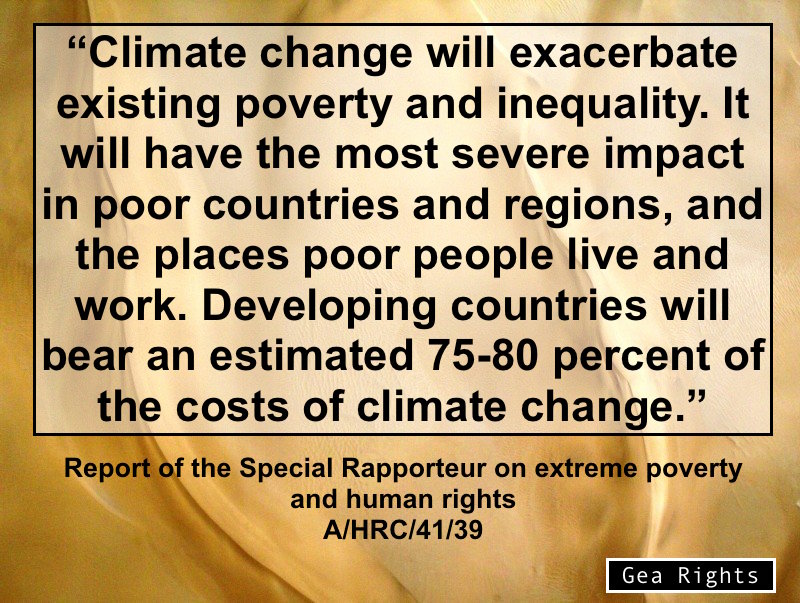
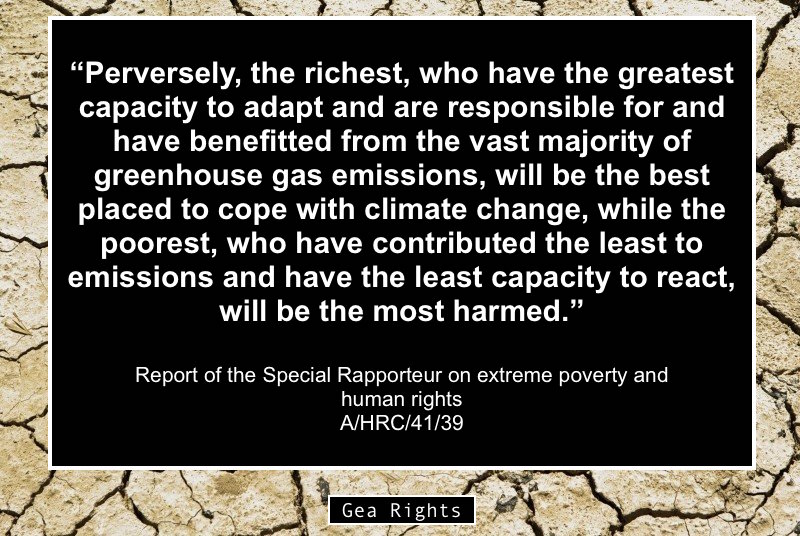
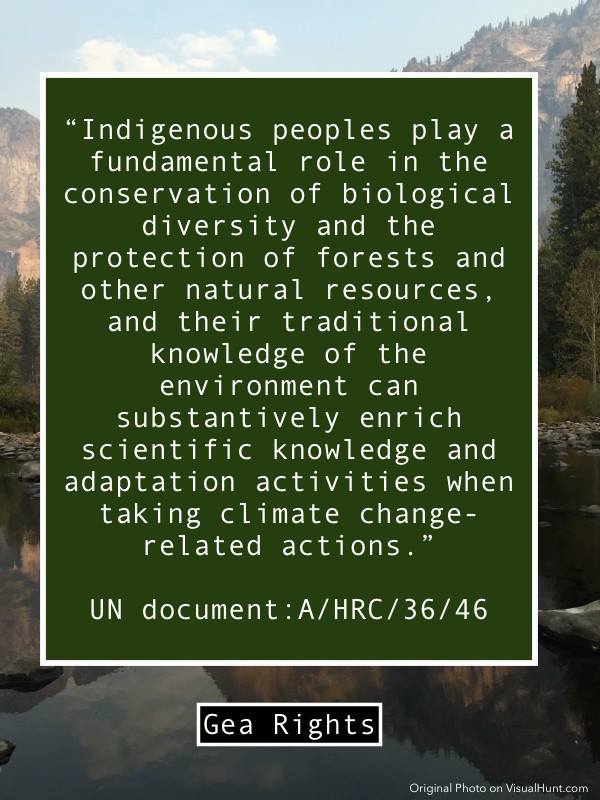
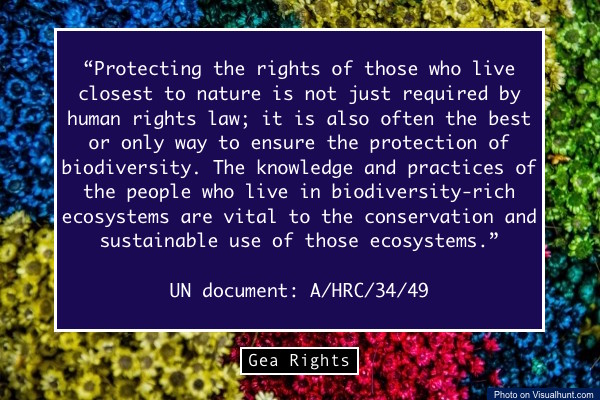
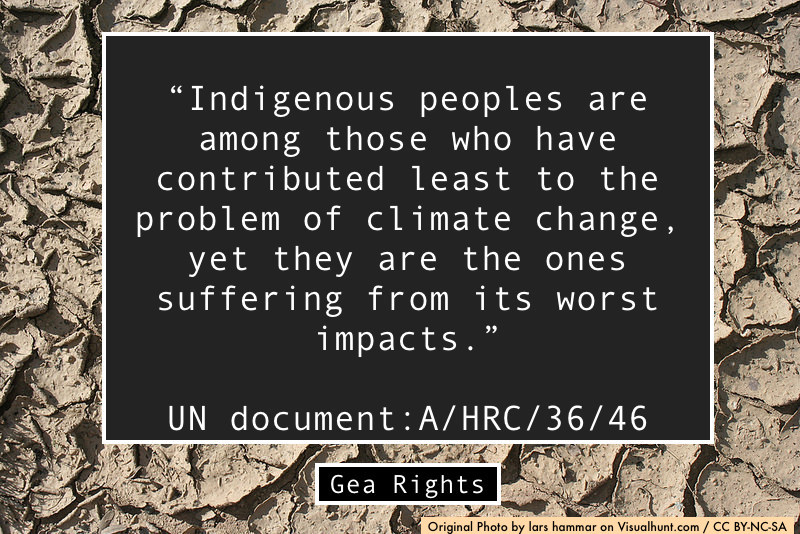
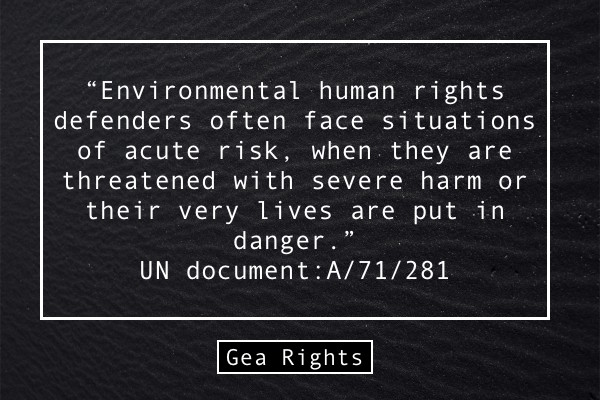
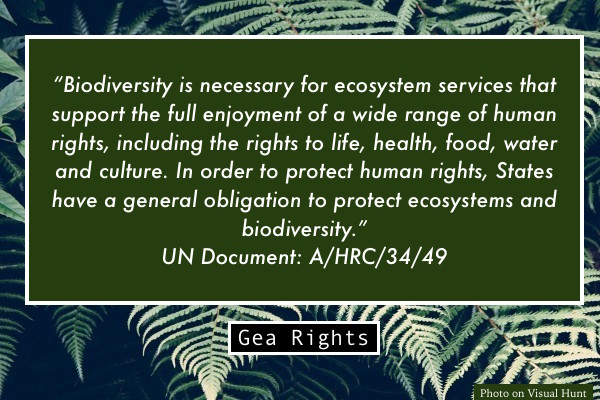
Leave a Reply